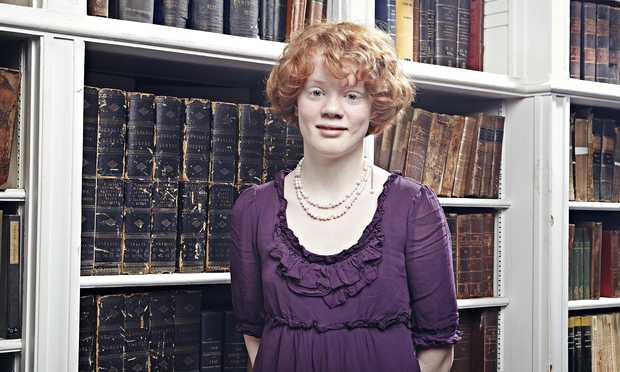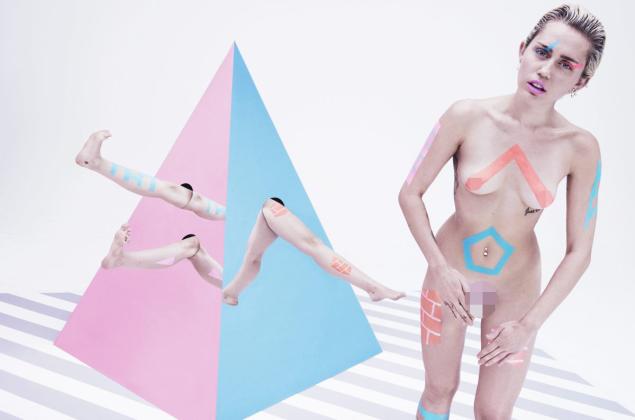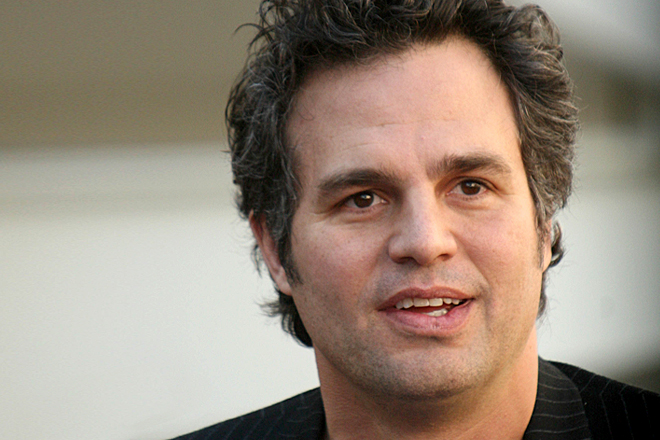
Child Genius is back on our boxes again.
It’s a show that has a great ability to make children, and adults, feel inadequate – and that’s not just those partaking.
Saying that, I won’t lay into it too much. I do genuinely enjoy each episode and think that most of the kids seem well-adjusted.
My beef with it really comes down to how they test the children for their genius – that is, the grim IQ test.
Grim?
Yep, I hate it. In fact, I am anti the whole concept of measuring constructs of anything – even if I did a psychology degree.
Psychologists are always trying to quantify human behaviour – whether that’s ‘happiness’ or ‘neuroticism’ or anything else. But because we are such a varied species, it’s extremely difficult to create objective measures of such constructs. Not in the same way that other scientific disciplines can test matter.
Still, researchers are keen to try with intelligence, and tests have been in development for as long as 1882.
When I was younger I remember taking an IQ test, and I thought ‘what the fuck’. Because when I got the score it pretty much told me I was thick.
The questions on it include verbal reasoning, maths and pattern-based riddles testing abstraction, logic and all other things that I am really shit at.
And I guess that’s where my real hatred for this test came from. I knew I was clever, but according to this test I was dumb.
There was a time when getting a crappy test result could even result in my ovaries being stitched up. In the Eugenics social movement, IQ tests were used as a means to sterilise tens of thousands of people in Germany and the US.
But despite its dark history, we’re still wheeling it out like it’s the Holy Grail of intelligence.
The redundancy of it became especially poignant to me when I watched a Horizon documentary a few years back called Battle of the Brains. It featured a load of celebrities – renowned for different skills – trying various intelligence tests to establish who would perform best.
One of the celebrities was Bonnier Greer: a tremendous playwright, novelist and creative mind. She took the IQ test, and guess what?
She did pretty badly.
You only have to watch interviews with her to see that she’s incredibly intelligent. But no, no, no, Mensa doesn’t want you Bonnie Greer.
Interestingly she did far better on an intelligence test related to one of my favourite theories: the hippy trippy, all-embracing theory of multiple intelligences.
Developed by Howard Gardner, it describes nine different types of intelligence that pretty much anyone can fit into.
For example, if you’re good at music= you have musical-rhythmic and harmonic intelligence; if you’re good at sports, that’s bodily-kinesthetic intelligence.
And so forth.
Anyway, the point is that no one is thick according to good old Gardner.
And do you know what? I really don’t think anyone is. Sure, you might not think the contestants of Geordie Shore are intelligent at times, but I bet every single one of them could score highly on one or several Gardner’s theories of intelligence. That’s because we are really designed as a tapestry species – each of us stitches, working together to create a functional society. Our varying aptitudes are what helps us blend together.
But we won’t seem so apt if we take the IQ test.
Mensa adores it. Members of the organisation currently sit on the Child Genius panel – firing questions at children like it’s their God-given right to decide who’s a genius.
It even runs its own club, only allowing people to come through the doors once they’ve got a high result on the IQ test.
But do you know what their club is? (Apart from being totally elitist). It’s not a group of the cleverest people in the world, but a group of people who overlap in their intelligence abilities.
So I am disappointed to see their singular concept of intelligence get promoted through Child Genius. And bummed at the idea that little boys and girls watching this might end up with skewed ideas of what it is to be clever. Mostly, memorising cards and maps, and remembering pointless facts. In Mensa’s desire to find the geniuses of our species, it assumes we are all the same.
But real intelligence isn’t about that; it’s about realising we are all clever in extremely different – and often immeasurable – ways.










